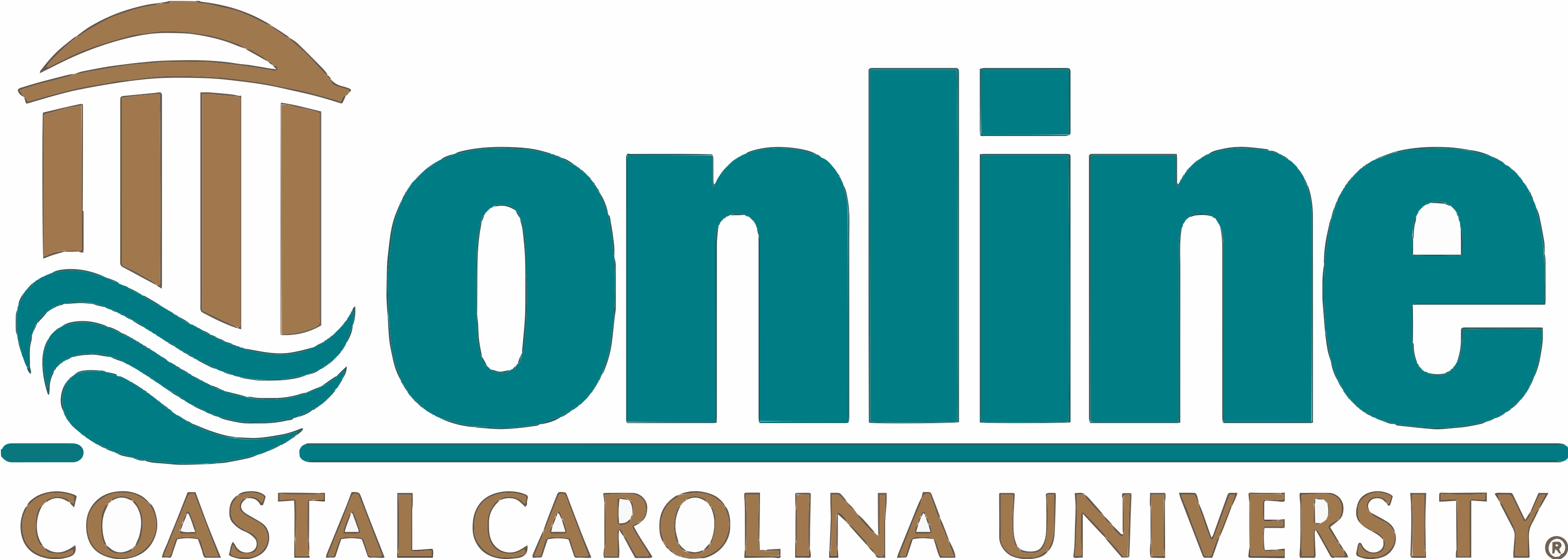
“Our QM initiative at large is intended to signify our institution’s dedication to the quality assurance of online and hybrid courses and programs, as well as ensure both internal and external quality assurance measures while also supporting institutional accreditation and compliance.”Matthew Tyler, Associate Director of Continuing Education and Online Quality Assurance, Coastal Carolina University
Coastal Carolina University (CCU) has recently seen a major impact from its renewed commitment to quality assurance. With a robust strategy that incorporates professional development, reviews, faculty incentives, and campus-wide participation, the institution has made fast progress toward its quality goals. CCU provided a rundown of six major tactics it’s employing to find success through quality.
- Adopting QM Standards: CCU had previously used its own internal QA standards, but the switch to the QM Higher Education Rubric has made a major difference. “Our previous internal metric served the institution well and familiarized faculty with the various realms of online quality assurance, however the utilization of the QM Higher Education Rubric will allow us to take quality assurance to the next level,” says Matthew Tyler, Associate Director of Continuing Education and Online Quality Assurance.
- Hiring Staff Dedicated to Quality: Instructional designer Ashley Hughes joined CCU in November and quickly became a champion for quality, spearheading the institution’s efforts in professional development and reviews and encouraging campus-wide participation in these initiatives (see below).
- Building Internal QA Systems: Upon joining the CCU team, Hughes became a QM-Certified Peer Reviewer and QM-Certified Facilitator for the Applying the Quality Matters Rubric (APPQMR) course, giving the institution a sustainable, self-sufficient internal pathway for professional development and quality assurance. In the first half of 2024 alone, around 50 CCU staff completed the APPQMR and two courses received QM Certification.
- Campus-Wide Participation: In addition to faculty and staff, the institution’s administrators have participated in the organization’s quality-focused professional development. “We have great buy-in from university administration ranging from the provost, deans, department chairs, faculty, etc.,” says Matthew. “In a few months, all department chairs will be taking part in the APPQMR training so that they understand the principles behind the QM Rubric and the elements of the quality assurance process.”
- Launching a Faculty Incentive Initiative: CCU recently launched an incentive program for faculty whose course earns QM Certification, offering a financial reward for participating in the quality assurance process. The program requires that participating staff complete the APPQMR workshop and satisfy other benchmarks.
- Avoiding “Quiet Quality”: CCU sees quality as a major differentiator for student recruitment, retention, and completion, and makes sure to showcase its work to the community. “[Quality assurance] inspires confidence in learners, family members, and other stakeholders that CCU puts quality first and foremost in our online courses just as we do for our traditional courses,” says Matthew.
The result of these efforts has been a transformation of the institution’s course design and teaching process. “Numerous faculty have noted that they thought they knew online quality before, but the APPQMR course and QM rubric have opened their eyes to a lot of growth opportunities and led some faculty to rethink the way that they teach their course,” says Matthew. And CCU is just getting started — the institution’s goal is to have 50 courses QM-Certified by July 2025.
Interested in developing a plan for the next phase of your institution’s quality assurance journey? QM is here to help — contact us today.
